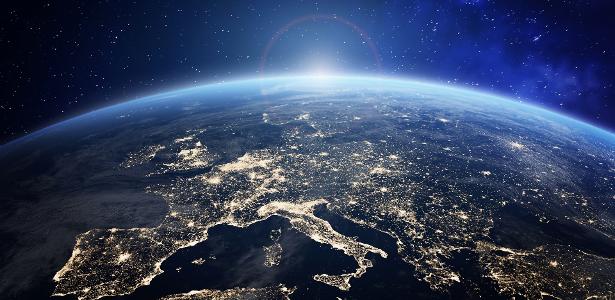There are days when time seems to go faster, although this is imperceptible to humans, who are used to counting them every 24 hours. But that actually happened recently: June 29 was recorded as the shortest day since the 1960s, when scientists began measuring the planet’s rotation using Coordinated Universal Time (UTC), with Earth spinning 1.59 milliseconds faster than usual.
This phenomenon of short days has been repeated repeatedly in recent times, according to the British newspaper The Guardian. Almost a month later, on July 26, this record was nearly broken, as the Earth was spinning at 1.5 milliseconds.
In 2020, there were 28 records for the fastest days in the past 50 years, with the record set on July 19, when the planet was 1.46 milliseconds faster — a mark that has now been beaten in June.
NASA believes that the strongest winds in El Niño years can slow the planet’s rotation, extending the day by a fraction of a millisecond.
On the other hand, earthquakes have the opposite effect, such as the earthquakes in 2004 that caused a tsunami in the Indian Ocean, shifting rocks and shortening the length of the day by about 3 microseconds.
leap seconds
To contain the damage with time differences, the ITU occasionally added leap seconds in June or December in 2016, turning clocks off by a second to synchronize with Earth time. The first leap second was added in 1972.
If the trend of shorter days continues in the long run, it could result in the first short second of history: instead of adding a second to the hours, time will skip a second to keep up with the planet.

“Incurable thinker. Food aficionado. Subtly charming alcohol scholar. Pop culture advocate.”






More Stories
NASA Releases Selfie of Perseverance Rover Working on Mars
NVIDIA driver includes hidden Final Fantasy XVI profile
PlayStation Plus Extra and Premium saw a significant drop in players in July